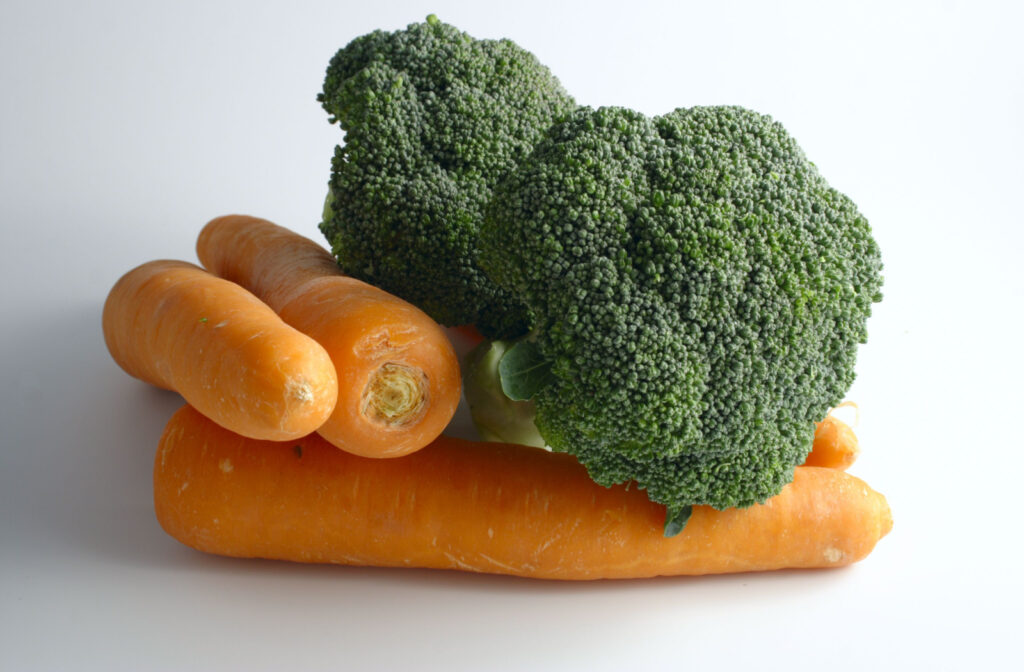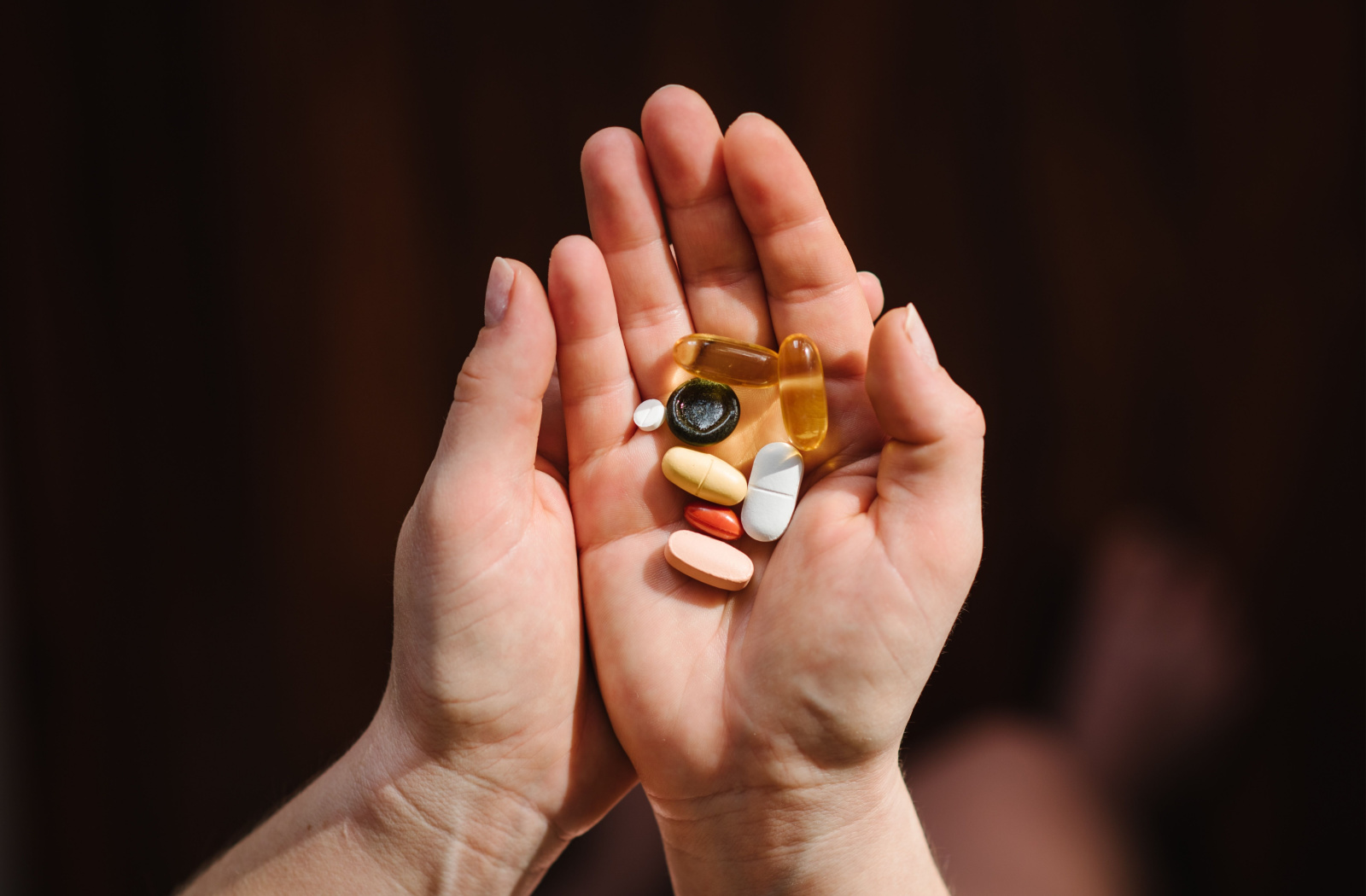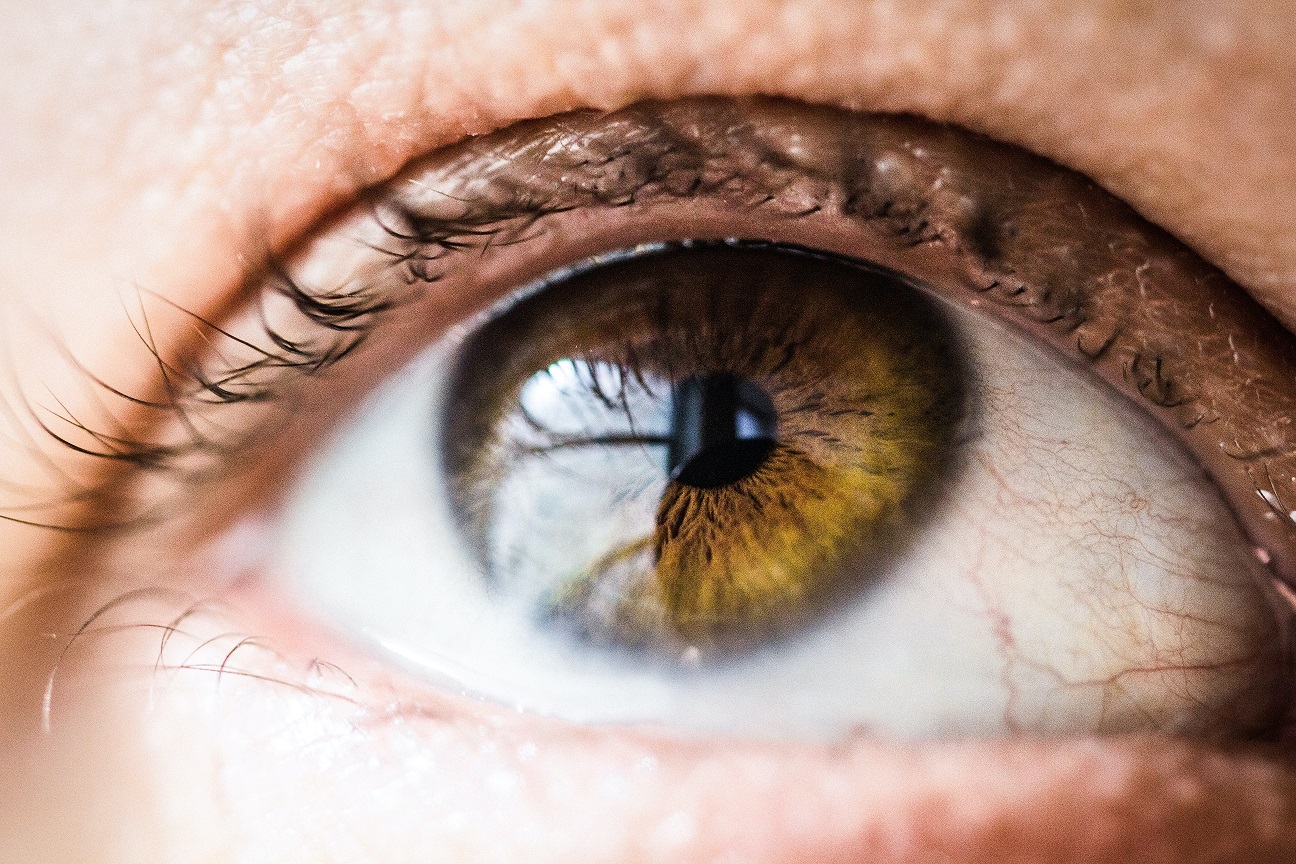That burning, irritating sensation under your eyelids? It’s probably dry eye—a common condition caused by a problem with your tear production. Environmental changes or medical factors often cause it, but one important piece of the puzzle is often forgotten: your diet.
Your nutritional habits play an important role in managing conditions like dry eye. It can help to take the following supplements to avoid this condition:
- Vitamin A
- Vitamin B12
- Vitamin D
- Omega-3 fatty acids
- Zinc
What Is Dry Eye?
Dry eye is a common condition that occurs when your eyes don’t produce enough tears, or the tears they do produce are of poor quality. It leaves the eye vulnerable and unprotected, becoming easily irritated when exposed to the air.
This can lead to several uncomfortable symptoms, including:
- A scratchy or gritty feeling in your eyes
- Stinging or burning sensation
- Blurred vision
- Redness and irritation
It often feels like a small piece of sand or dust is trapped under the eyelid or your eyes are too exposed and overly sensitive. In extreme cases, this can actually damage your vision—since the eyes aren’t protected, they’re more vulnerable to scratches and other damage.
What Causes Dry Eye?
Our tear film has developed to protect, hydrate, and nourish the eye while remaining clear to let light through. This tear film is made of three layers:
- The mucus, or mucin, layer: This helps keep the tears securely attached to the eye’s surface and helps them spread.
- The water, or aqueous, layer: This central layer makes up most of the tear film and helps to wash away contaminants and potential irritants.
- The oil, or lipid, layer: This is the outer layer and prevents early evaporation.
Sometimes, a problem can develop with how these tears are produced, and they can’t properly do their job. This is often due to the lipid layer—the tear evaporates too quickly when it’s not functioning properly.
These oils are made in the meibomian glands, the tiny little glands throughout your eyelid. These glands can become blocked or plugged up, reducing how much oil is produced. Then, the tears begin to evaporate too quickly, leaving the eye vulnerable and exposed.
Environmental Causes of Dry Eye
Other times, dry eye is caused by environmental factors causing your eyes to need to work harder to produce enough tears, like:
- A particularly smoky or dry environment
- Hormonal changes that affect the eyes
- Certain medications, like antihistamines or antidepressants
And in fact, your diet and nutrition also play an important role!
What Supplements Help with Dry Eyes?
What you eat has a big impact on your body, and the eyes are no exception. Your eyes are incredibly complex and need certain nutrients, vitamins, and minerals to do their job properly. But sometimes, it can be difficult to get the nutrients you need from your food, so it can help to take supplements.
Vitamin A

Vitamin A is essential for maintaining healthy eyes. It helps to support the production of tears and keeps the surface of your eyes moist. Naturally, it’s found in:
- Carrots
- Leafy greens
- Sweet potatoes
- Broccoli
- Liver
Vitamin B12
Vitamin B12 is amazing for supporting your overall eye health. It helps to maintain the optic nerve and supports how this nerve functions.
Vitamin B12 is found in:
- Red meat
- Poultry
- Fish
- Dairy
- Eggs
- Fortified cereals
Vitamin D
Vitamin D has anti-inflammatory properties and can help reduce the inflammation associated with dry eye. Usually, your body naturally produces vitamin D when you’re exposed to sunlight. It can also be found in:
- Fatty fish
- Fortified dairy products
- Eggs
- Cheese and dairy
- Mushrooms
Omega-3 Fatty Acids
Omega-3 fatty acids are an extremely important supplement if you can’t work it into your normal diet. It has significant anti-inflammatory effects and can help reduce symptoms of dry eye. It’s naturally found in fatty fish like:
- Salmon
- Mackerel
- Sardines
If you’re not a fan of seafood, it can help to consider taking fish oil supplements.
Zinc
Zinc is an essential mineral that plays a role in maintaining healthy eyes. It helps to support the production of oil in the eye’s glands, which helps prevent tears from evaporating too quickly. You can find zinc in:
- Oysters
- Lean meats
- Nuts
- Whole grains
How Is Dry Eye Treated?
Taking these supplements can have an extremely beneficial effect when managing dry eye. But it’s important to remember that they aren’t a cure-all solution for this condition. Sometimes, nutritional changes and supplements may not be needed to solve the problem.
When this happens, it’s time to visit your optometrist to explore other treatment options. Your optometrist may recommend:
- Artificial tears or eye drops
- Warm compresses to bring relief
- Eyelid hygiene techniques designed to alleviate symptoms
In some cases, your optometrist may recommend in-office dry eye therapy to help!
Find Relief from Your Dry Eyes
If you’re experiencing dry eyes, reach out to our team at MyDryEye to find a dry eye doctor near you. While supplements and dietary changes can help, sometimes, an experienced professional can make all the difference. Contact us today and find the relief you deserve!








